In our age of increasing urbanisation, environmental destruction and loss of adventurous opportunity, the company remains true to their founding philosophy of blending genuine life-changing adventure in stunning destinations with proactive preservation of the people, animals and environments that make those destinations so special in the first place.
There’s been more change in the last 100 years than in the preceding 2,000. As technology continues to develop, the rate of change will escalate to even greater extremes. Is it sustainable?
As a citizen, it’s baffling and often frustrating to be whirled around in a constantly changing vortex of political instability, corporate megapowers, attention-sapping handheld devices and environmental annihilation.
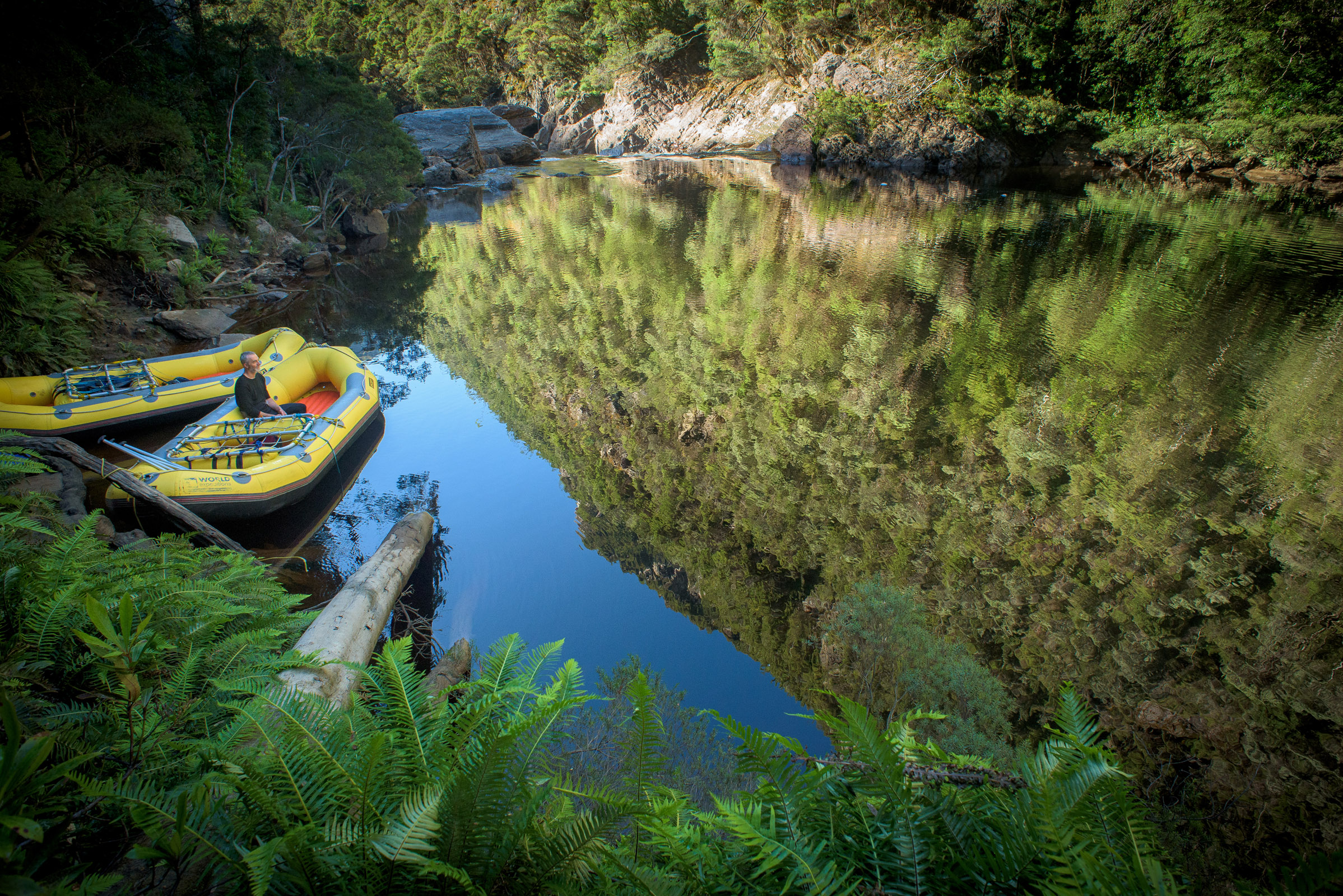


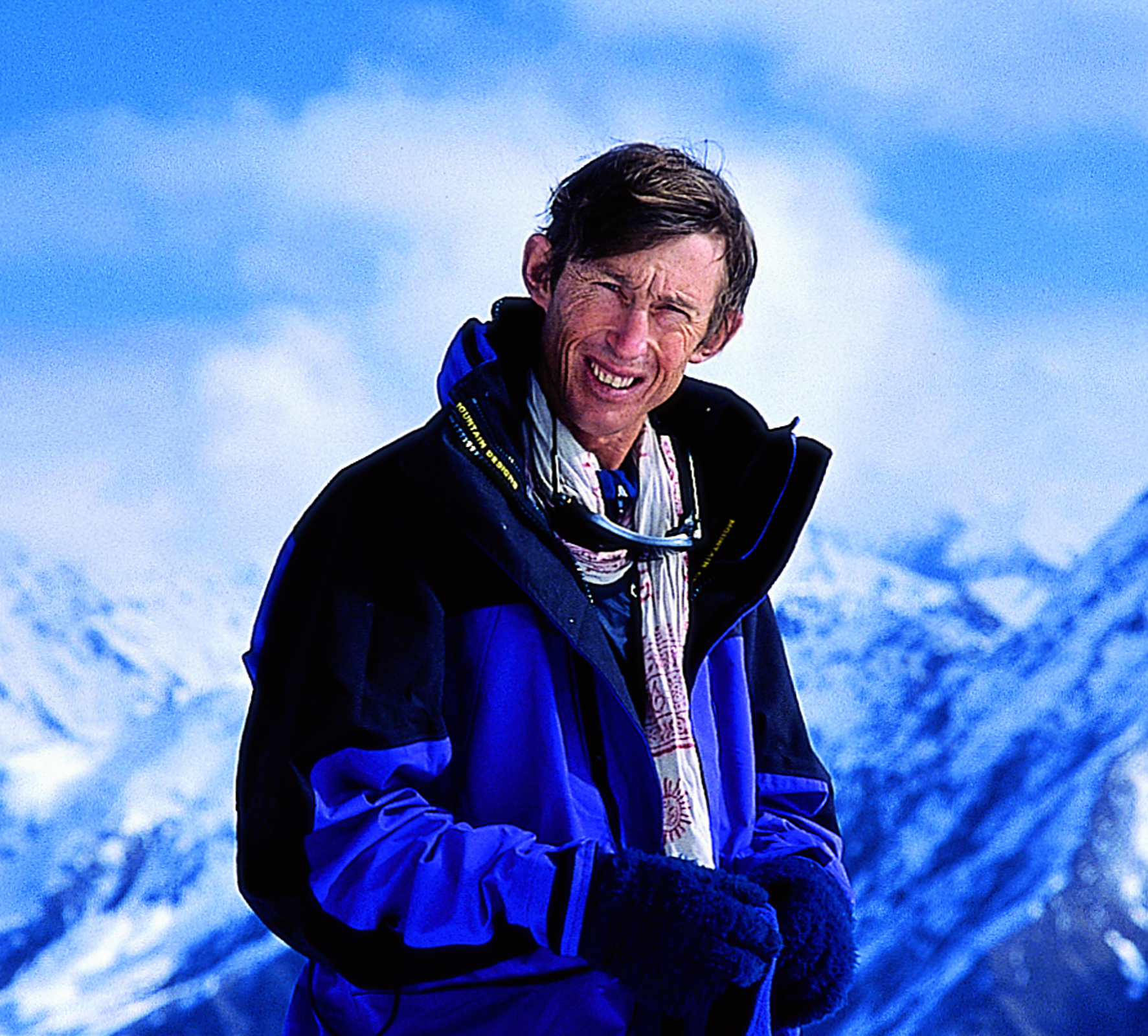
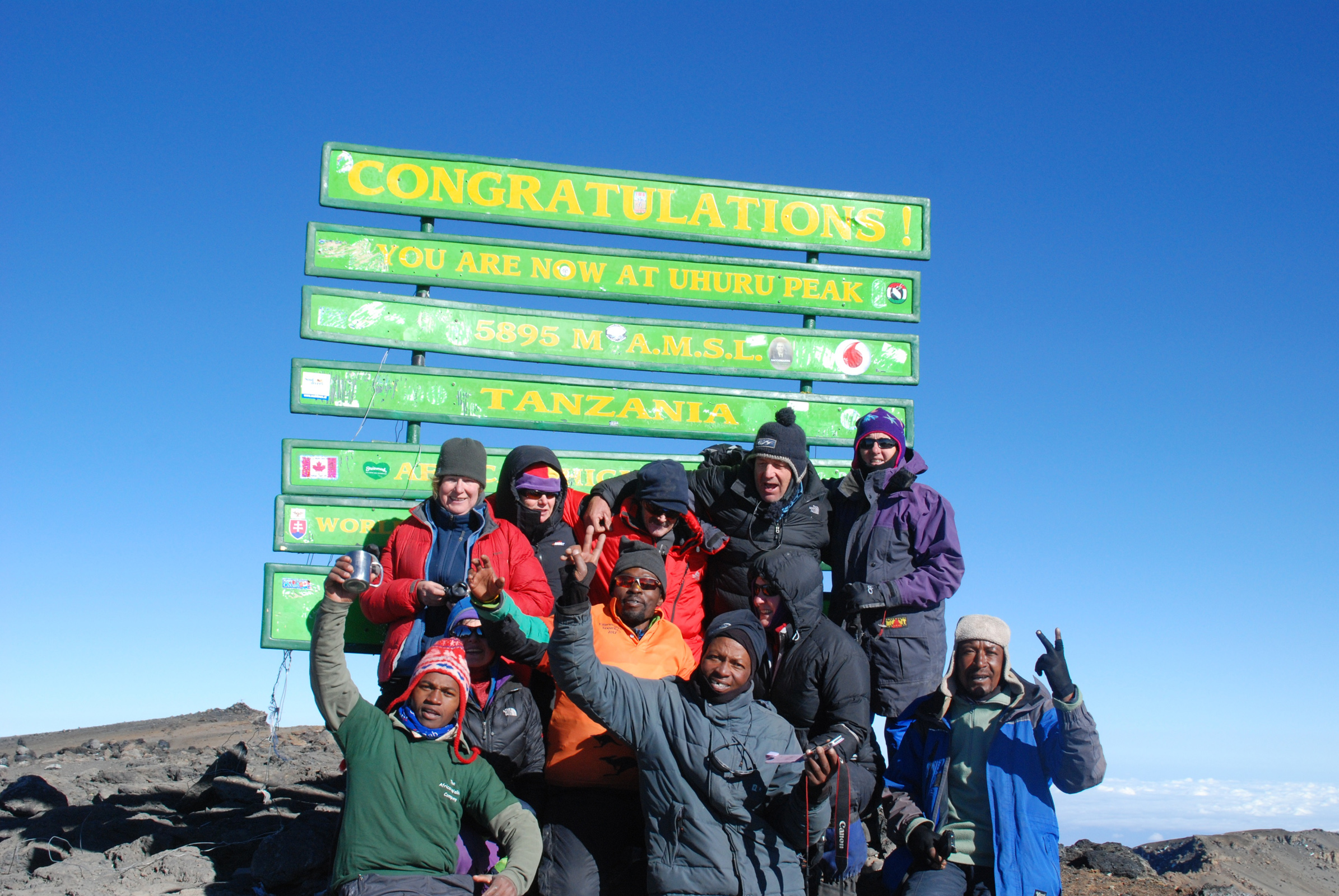
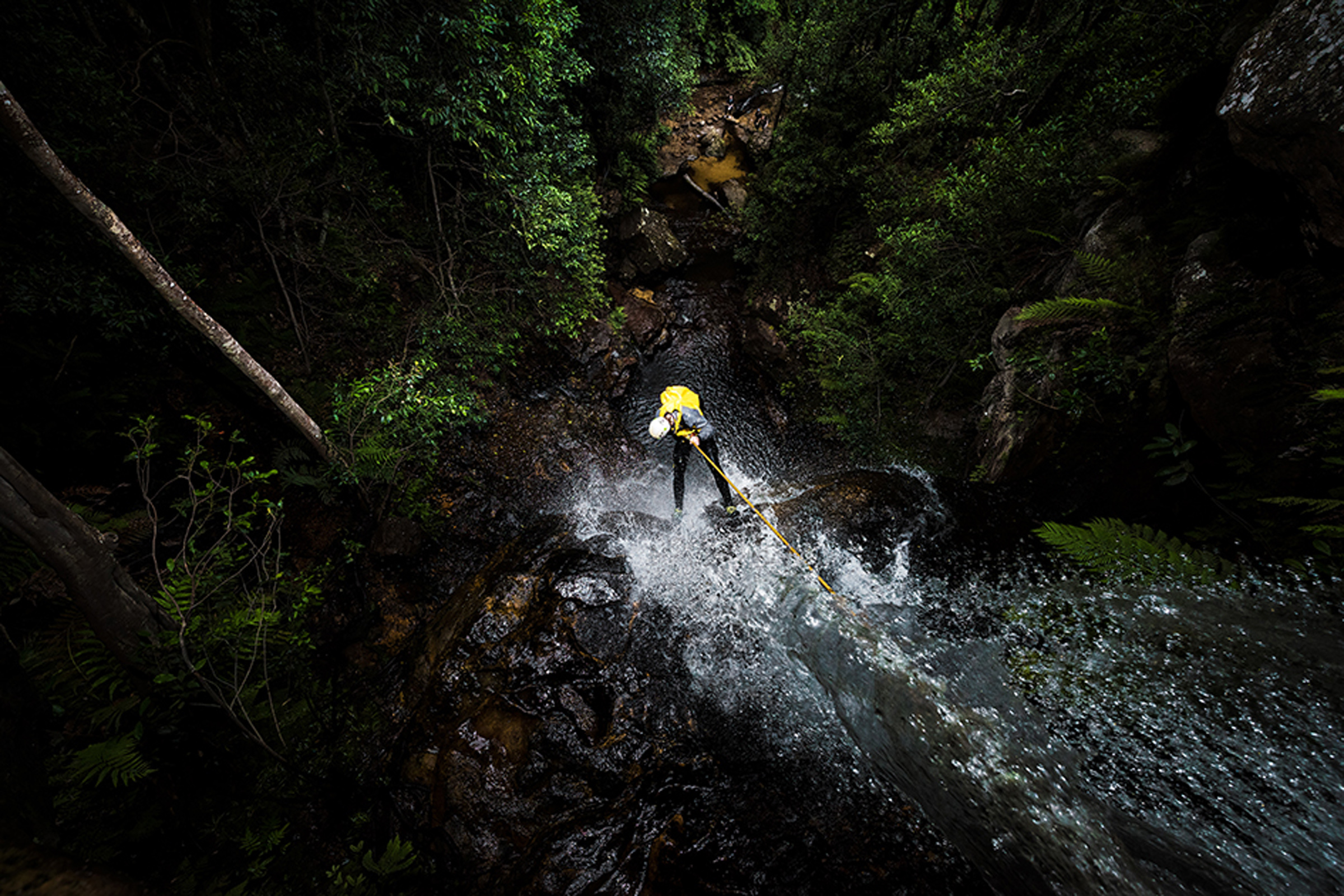
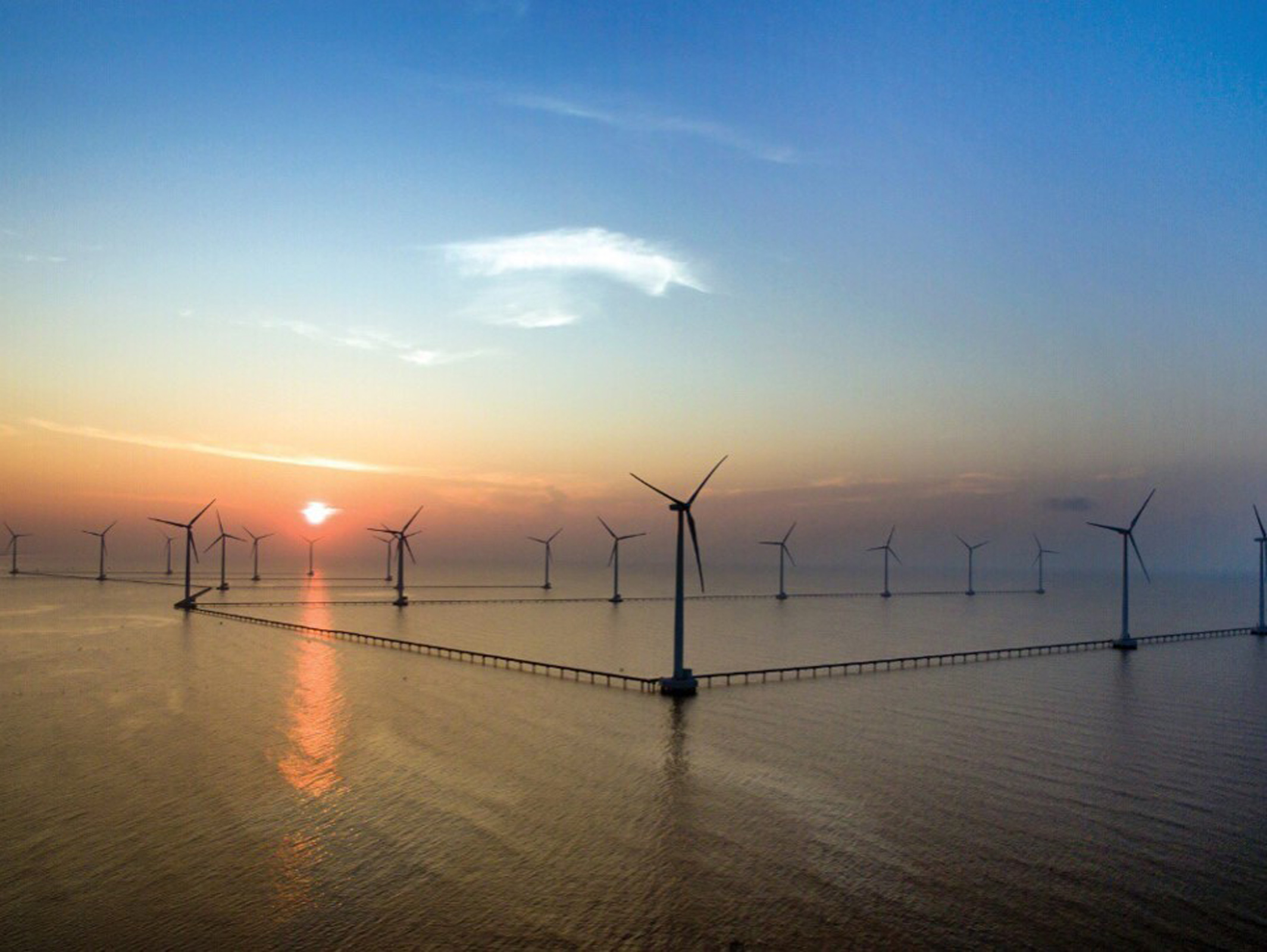
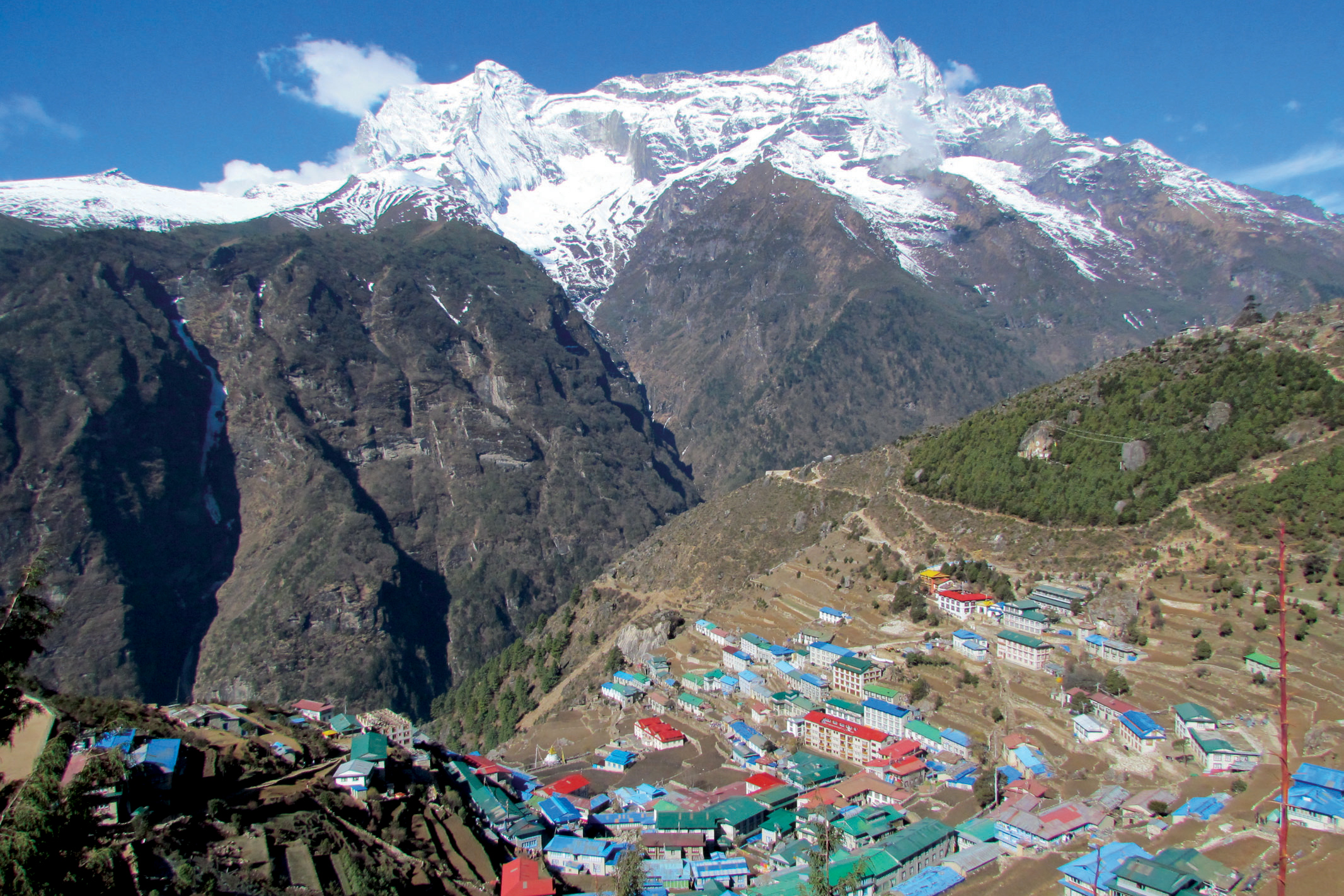
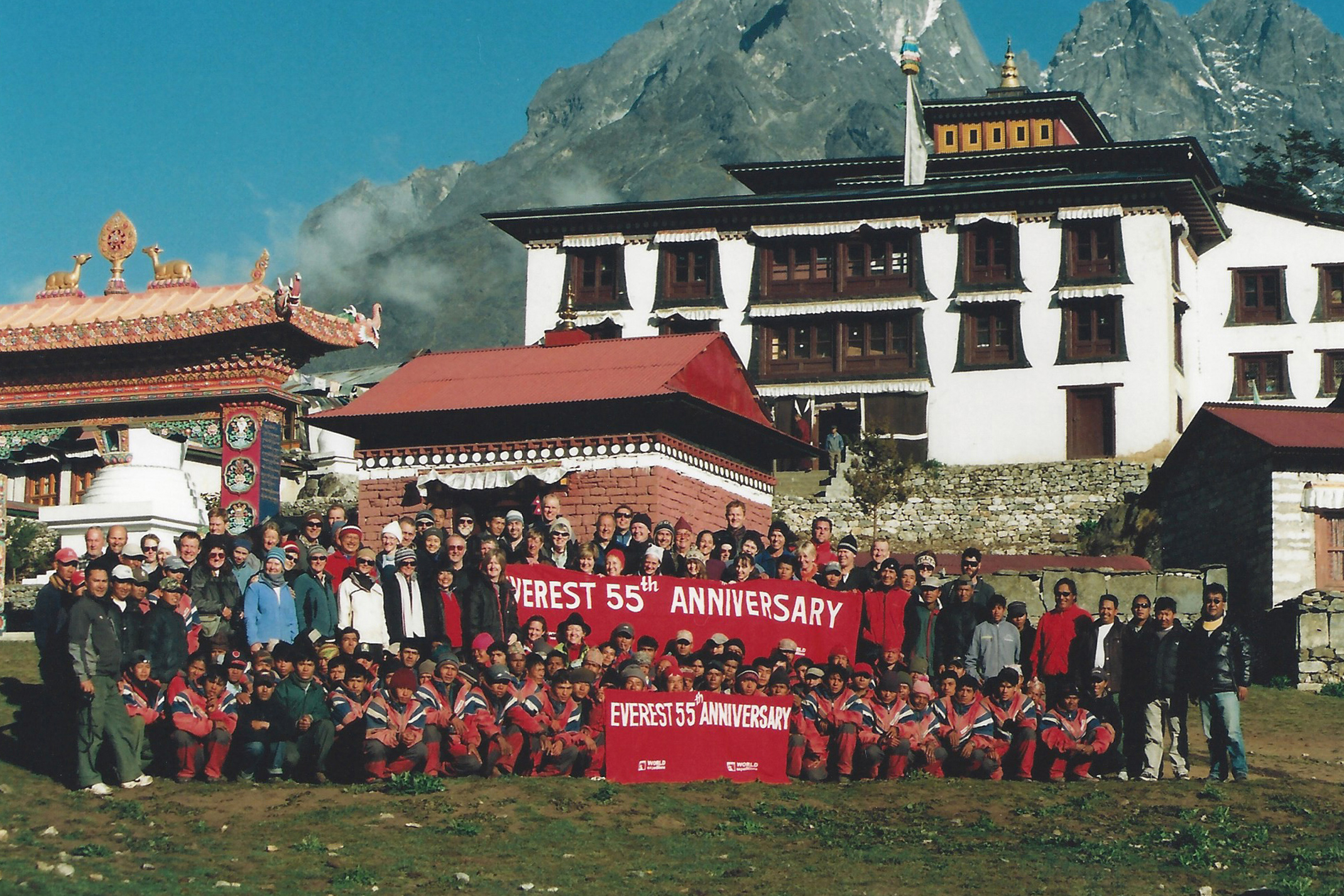
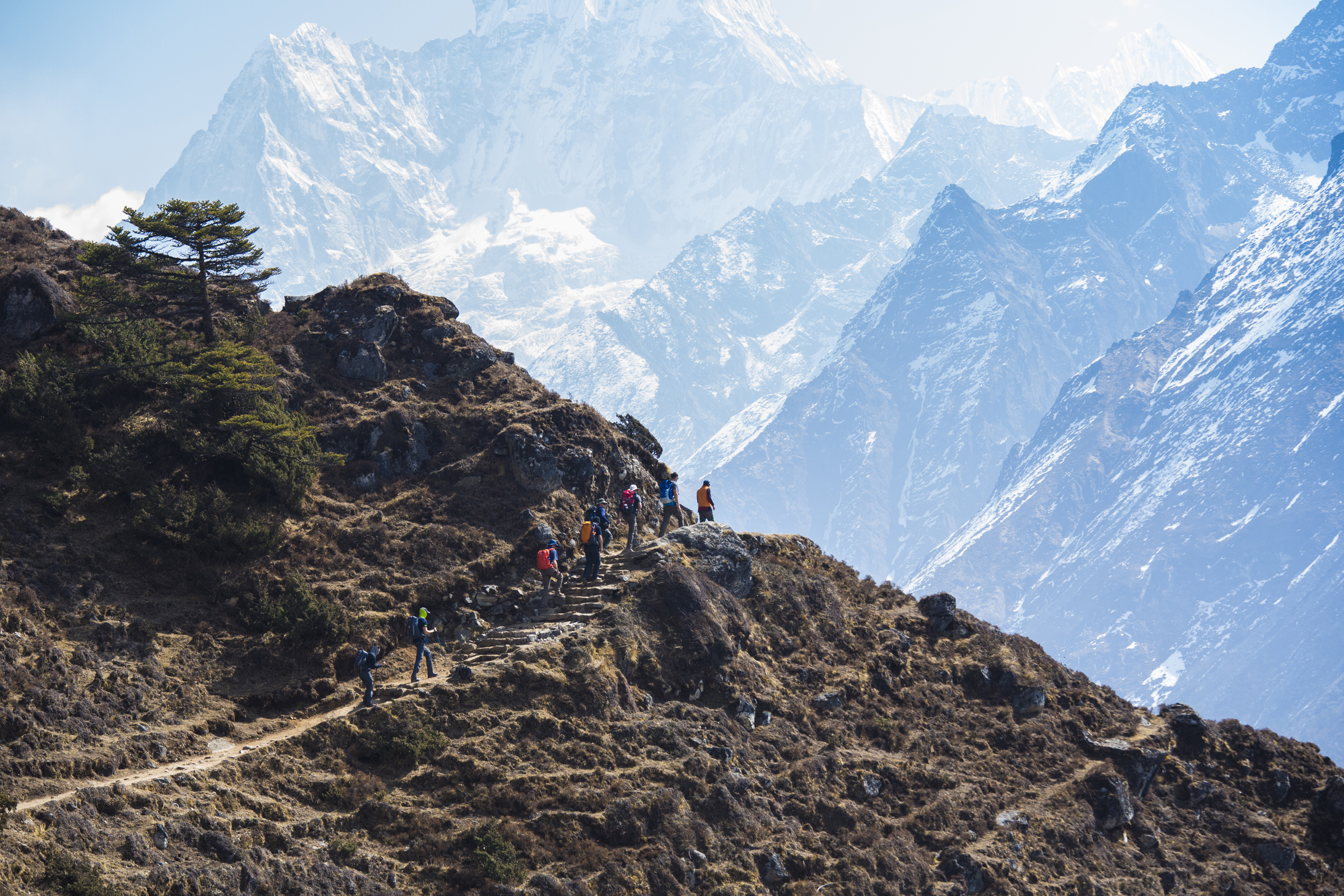
In this ever-changing context, a business that manages to adapt without ever losing sight of its core guiding principles is a rare gem indeed — particularly when those principles are around protecting the brilliant destinations and unique peoples most vulnerable to the scythe of change.
World Expeditions is one such business. In 1975 they became the first Australian company to launch commercial treks in Nepal; they then developed cycling holidays in India and Nepal in the late 70s, then treks to Mongolia and Tibet in the early 80s, going on to expand into South America, Africa, Asia and beyond.
Now, in 2019, they offer over 500 stand-alone itineraries across the world. All are accompanied by one or more experienced trip leaders, who, using their expertise, and consulting with locals, collaboratively construct the itineraries. A team of local sherpas, cooks and porters, who are passionate about the region, add to the level of experience.
One of World Expeditions’ itineraries — a clear demonstration of how they have progressed — is their 150 day Nepal trek, which traverses 1,700km across the entire country. It’s another first, yet to be rivalled.
In 2020, they’ll celebrate 45 years of empowering travellers to experience true adventure in a sustainable manner with a high-altitude dinner in Nepal, attended by the likes of Aussie mountaineering legend Tim Macartney-Snape.
The dinner, to be held on 21 November 2020, will be in Thyangboche, the region’s most important spiritual centre. It’ll be attended by adventurers from four exclusive treks (see the bottom of the page if you’re keen to attend).
MORE THAN ADVENTURE
What truly sets World Expeditions apart is their recognition that adventure travel and conservation are inseparable. The company realises that, not only do they have the power to minimise impact; they can actually play a positive and proactive role in preserving the environment, animal welfare, and local culture.
A formative moment for the company came in 1978. World Expeditions were pivotal in the preservation of the Franklin River — offering the first commercial rafting expedition down the mighty river around the same time that the government were pushing to dam the Gordon, which would’ve flooded this pristine wilderness. By introducing new people to the region and demonstrating its value, they helped to raise awareness of its plight.
In recent years, as the importance of preserving what we have left becomes increasingly urgent, World Expeditions have trailblazed a benchmark of how a business should behave.
One critical way they do this is through their commitment to reduce their carbon footprint. They design treks to involve the least carbon-intensive transport and accommodation, and minimise road travel by empowering travellers to use their own two feet.
Then, they offset 100 per cent of any unavoidable carbon emissions that result from their travel offerings. They dedicate proceeds to purchase carbon credits with the world’s largest and most awarded carbon project developer, South Pole, who then put them towards transitioning communities to renewable energy and protecting and regenerating forests. This reduces the company’s carbon footprint, and the footprint of all travellers, to null.
Another key focus is litter reduction. World Expeditions are the founding partner and lone Australian tour operator to be part of the 10 Pieces litter management movement. Targetting litter hotspots in Nepal, Bhutan, Peru and Tanzania, this voluntary program sees travellers picking up ten pieces of litter daily. Through collaborative effort over time, a concrete difference is made.
Similarly the company has banned single use plastics from their Nepal operations and pledged to be single-use plastic free in their supply chain by 31 December 2020. All of this relates to their alignment with international organisation Leave No Trace, which outlines seven Principles that World Expedition religiously adopt.
Thirdly, there is their involvement with charity. In 2019, they founded, along with Flight Centre, the Community Million Dollar Challenge, an initiative designed to raise $1 million for Australian charities. They also have their own charity brand, known as Huma Charity Challenge. This division offers services to charities and their fundraisers by organising unique travel challenges, which deliver funds back to the causes; it’s raised more than $6 million since launched in 2014.
World Expeditions also have an arm known as World Expeditions Fund, that raises donations for education-based projects in underprivileged communities worldwide. Similarly, the company’s Community Project Travel trips link travellers with grass-roots construction and humanitarian projects; they were the first Australian tour operator to offer this, back in 1995.
World Expeditions even raised $250,000 for the Nepal Earthquake Appeal after the 2015 earthquakes and continue to support classroom redevelopment in remote communities with their Rebuild Nepal Program.
SETTING THE BENCHMARK
This is just the tip of the iceberg. Here are a few other ways the World Expeditions have put their philosophy into action:
- By establishing campsites in the Everest and Annapurna regions, enabling travellers to trek without using wood and contributing to deforestation.
- By cutting out orphanage tourism entirely in 2013, becoming working members of the ReThink Orphanages group, and developing a child welfare code of conduct in 2014.
- By being accepted as members of the Coalition of Ethical Wildlife Tourism in 2018 after having developed a formalised animal welfare code of conduct in 2015. Their commitment to animal welfare has prompted them to remove certain experiences from their program; for example, elephant riding.
- By initiating employee programs, such as Pillars for Positive Change, which encourages staff to embrace sustainable practices in their own lives.
- By bringing tourism dollars to remote communities without other sources of income, through their 1,700km Great Himalaya Trail.
- By developing the award-winning Responsible Travel Guidebook in 2000, which presents their comprehensive policies on sustainable travel, and continuing to evolve it as time goes on.
- By, also in 2000, becoming a founding supporter of the International Porter Protection Group, and providing above-average wages, meals on trek, clothing and accommodation for their porter crew.
- By establishing eco campsites along the Larapinta Trail and so leading the way for sustainable indigenous tourism.
Through these efforts and others, World Expeditions have set the benchmark for sustainable adventure tourism, and more broadly, corporate responsibility.
Travellers looking to experience the best adventure possible, who also desire to reduce their impact on the natural and cultural environments they visit, would do well to look to World Expeditions.
By channelling your adventurous instinct into a company that takes such responsibility for the well-being of animals, the state of the environment and the fate of local communities, you can yourself, through your choices, make a real change.
JOIN THE PARTY
If you are keen to attend the high-altitude dinner celebrating World Expeditions’ 45th birthday in November 2020, you can do so by heading on one of these treks:
The 13-day Everest 45th Birthday Trek, departing 14 November 2020 and costing $3490pp.
The 18-day Everest Base Camp & Kala Pattar 45th Anniversary Trek, departing 8 November and costing $4,020 pp.
The remote 19 day Gokyo Lakes 45th Birthday Trek, departing 7 November and costing $4,430 pp.
The 22-day Everest Circuit and the Cho La 45th Anniversary Trek, departing 4 November and costing $4,950 pp.
For more information head to www.worldexpeditions.com or call 1300 720 000.





